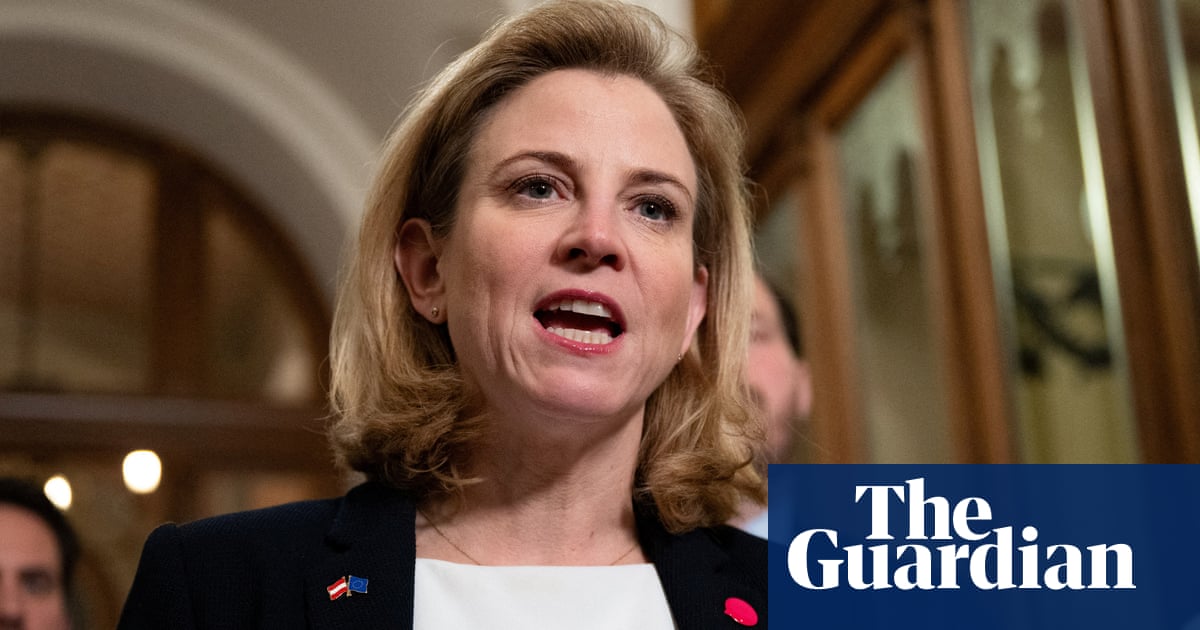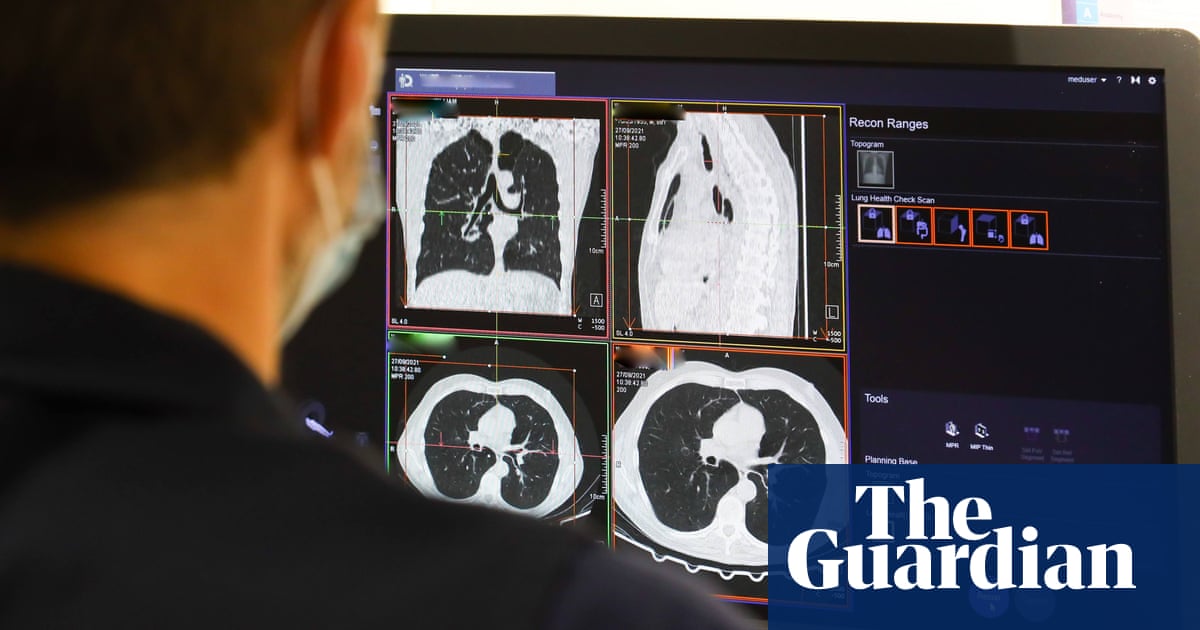Boeing has said it intends to raise as much as $19bn (£14.6bn) as it tries to shore up its finances amid a costly worker strike and an ongoing crisis about the safety of its aeroplanes.
The US manufacturer said on Monday it would sell 90m common shares, raising about $14bn, plus another $5bn in depositary shares.
The company had last week said it was hoping to raise up to $25bn in new capital through a stock and debt offering, plus a separate $10bn through a credit facility with a consortium of lenders.
Monday’s long-awaited stock offering will give Boeing a financial cushion as its chief executive, Kelly Ortberg, tries to deal with the steep costs of the strike by 33,000 workers, while also solving production problems that this year renewed focus on the manufacturer’s safety culture and delayed its new 777X jet.
Adding to its troubles, problems with Boeing’s Starliner spacecraft – which had to return to Earth last month without two astronauts left on the International Space Station – have dealt a blow to its space division.
Boeing last week reported a $6bn quarterly loss up to the end of September, and it is bleeding money from the strike action. Last month it announced a plan to cut 17,000 jobs.
Members of the International Association of Machinists and Aerospace Workers union last week voted to reject a pay offer from Boeing that was brokered in part by Joe Biden’s administration. The strike began on 13 September, and continued despite the offer of a 35% wage increase over the four-year contract. Boeing workers are holding out for a better deal after years of lagging pay, including the restoration of a defined-benefit pension plan they lost a decade ago.
The manufacturer has fallen far behind its European rival, Airbus, since two fatal crashes in 2018 and 2019 of its bestselling plane, the 737 Max. Those crashes were blamed on design flaws, prompting the grounding of every 737 Max worldwide.
The company has since lurched from crisis to crisis. As well as the huge drop in air travel during the coronavirus pandemic, it had continued production problems on other planes, and a mid-air door panel blowout in January put the focus back on its safety record.
Ortberg was named as chief executive in July, becoming the second person tasked with turning the company around. However, he has nearly immediately had to scramble to steady the company.
after newsletter promotion
Boeing said the new funding would be used for “general corporate purposes”, including potentially for paying off debt. Ortberg last week said the company was saddled with too much borrowing, among other problems.
Its share price dropped by 1% in pre-market trading on Monday morning. Goldman Sachs, Bank of America, Citigroup and JP Morgan were the four banks managing the stock offering.
Robert Stallard, an analyst at Vertical Research Partners, said before the offering that Boeing had still not provided “much clarity on the pathway out of its calamitous situation, with the IAM strike still ongoing”.

.png) 2 months ago
23
2 months ago
23













































